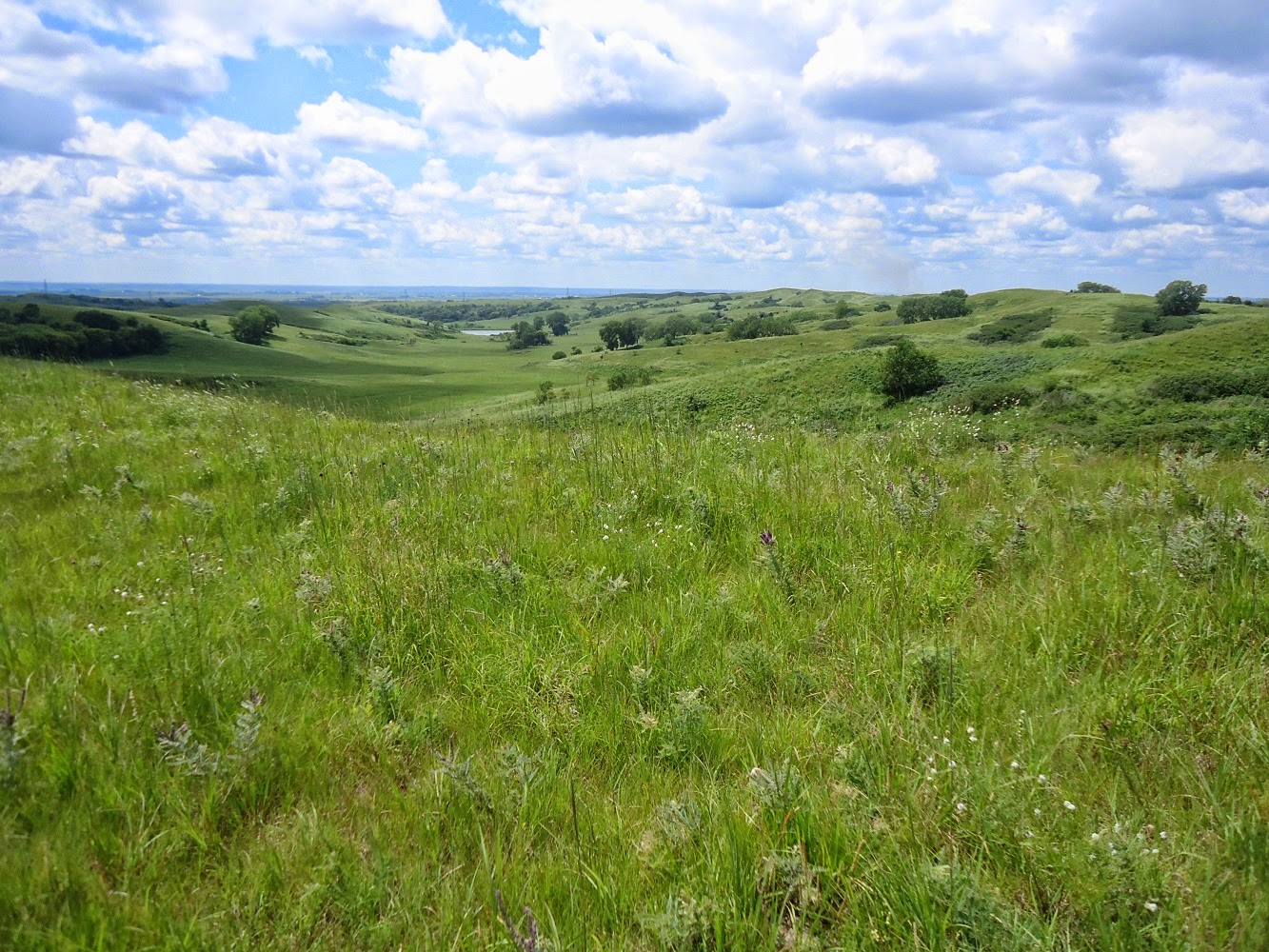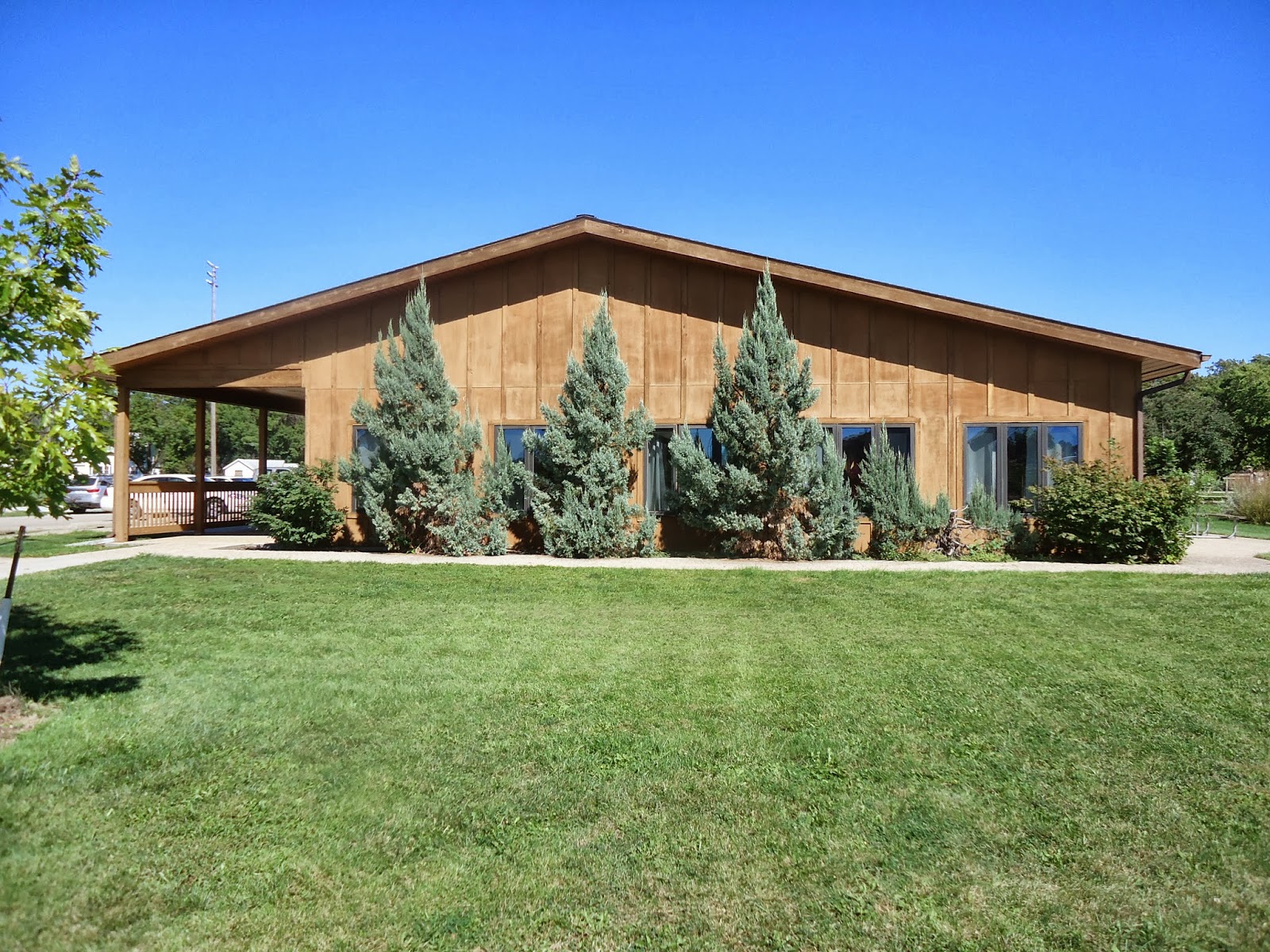Meditation: "The very stones would shout out"
If you follow me on social media, you may have noticed that I've been posting occasionally a little artwork with a bit of scripture. I've started a practice of reading a passage from the lectionary and spending a little time drawing or collaging an image in response. Reading the Liturgy of the Palms, on Jesus' Triumphal Entry into Jerusalem, what caught my attention was the very last verse of the lectionary, verse 40 (italicized below). Verses 37-40:
As he was now approaching the path down from the Mount of Olives, the whole multitude of the disciples began to praise God joyfully with a loud voice for all the deeds of power that they had seen, saying,
“Blessed is the king
who comes in the name of the Lord!
Peace in heaven,
and glory in the highest heaven!”
Some of the Pharisees in the crowd said to him, “Teacher, order your disciples to stop.” He answered, “I tell you, if these were silent, the stones would shout out.”
What does it mean? That creation itself praises God, I suppose? That reminded me of the verses that refer to creation groaning. I thought to make a collage--find a photograph of a rock face, adding to it something that indicates some kind of voice emanating from the stones? I started my search (thrifted books come in handy for landscape photographs). I found a few contenders but wasn't satisfied. I remembered a book on my shelf called Earth from Above*, not to cut it up. Sometimes I don't actually glue my collages, but layer pieces and take a photo. I thought if I found something I could try that. I haven't looked inside the book for years, so I didn't really know what was in it other than photos of, well, earth from above. Among the huge variety of photos from all over the world, some of them showed landscapes degraded from mining. I thought about how even if people were silent about the harm that we've done to the planet, the planet itself cries out, just as it is doing in this photo:
.jpeg) |
| Uranium mine, Australia. From the book Earth from Above. |
Uranium is an element found in stone, and is used to power nuclear reactors. Extractive industries that fuel our way of life have caused so much harm to the land and its peoples, and have led us on this path of global climate catastrophe. People have been exploited, their waters poisoned, and their land stolen. Even as we move towards renewable energy, we swap oil fields for lithium mines.
I decided to check one of Jonathan's Bibles for any other bits of info about this verse. One of the study Bibles simply linked verse 40 to Habakkuk, the prophet. I flipped back to skim the book (it's only three chapters) to find the reference. Here's what I read:
“Alas for you who heap up what is not your own!”
How long will you load yourselves with goods taken in pledge?
Will not your own creditors suddenly rise,
and those who make you tremble wake up?
Then you will be booty for them.
Because you have plundered many nations,
all that survive of the peoples shall plunder you—
because of human bloodshed, and violence to the earth,
to cities and all who live in them.
“Alas for you who get evil gain for your house,
setting your nest on high
to be safe from the reach of harm!”
You have devised shame for your house
by cutting off many peoples;
you have forfeited your life.
The very stones will cry out from the wall,
and the plaster will respond from the woodwork.
“Alas for you who build a town by bloodshed,
and found a city on iniquity!”
Is it not from the Lord of hosts
that peoples labor only to feed the flames,
and nations weary themselves for nothing?
But the earth will be filled
with the knowledge of the glory of the Lord,
as the waters cover the sea.
“[…]
For the violence done to Lebanon will overwhelm you;
the destruction of the animals will terrify you–
because of human bloodshed and violence to the earth,
to cities and all who live in them.
Habakkuk 2:6b-14, 17 NRSV


Comments
Post a Comment